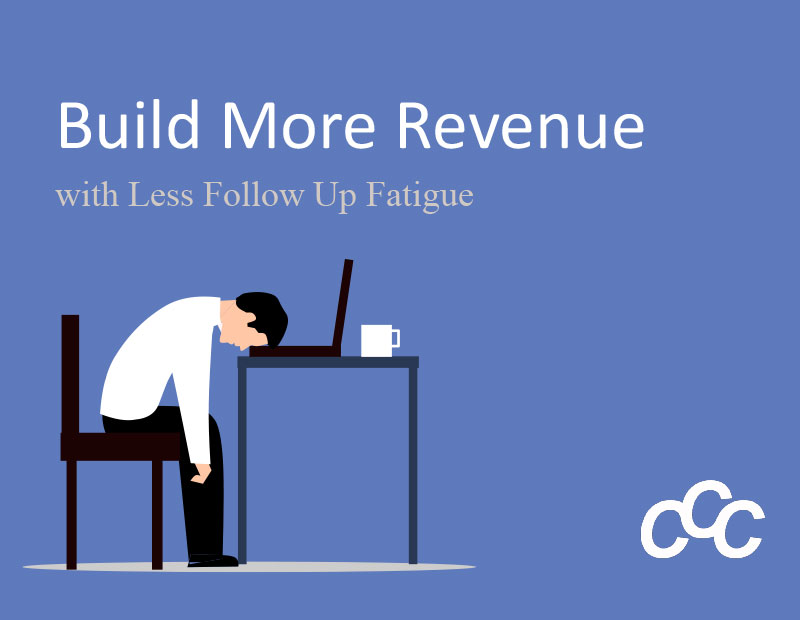What is the main reason a business considers a CRM? It is the same reason a business hires a salesperson or increases marketing efforts. The business wants to increase sales and revenue. This is a great reason; however, it is a reason that needs to be broken down in order to be achieved. A CRM serves 3 purposes to help you increase sales and revenue while at the same time, minimizing common pain points.
Purpose 1: Proactively nurture prospects and customers
One of the pain points for every business is missed opportunities. Whether it is a prospect who is considering the business’s offering or a customer’s decision to buy again, the business must stay ahead of the game. A missed opportunity is more than a missed sale. It could mean missing a multitude of referrals. It could mean missing the chance of a repeat customer, so the first purpose of the CRM is to proactively nurture prospects and customers.
Successful businesses proactively guide prospects through the Buyer’s Journey and customers through the Customer’s Journey. Your CRM helps you be proactive by:
- Tracking call to actions such as lead generation forms and phone calls
- Personalizing automated responses
- Recording customer data to better understand them
- Increasing brand awareness with new offerings, services, and products
Purpose 2: Strengthen and unify internal communication
Another pain point that is common is unity within the internal team. An internal team often overlaps departments and areas of business including sales, marketing, accounting, production, and executive leadership. The pain point arises when each department has its own process and tracking system which does not completely align with the other departments.
The 2nd purpose of a CRM is to bring your business together as a unified team. In order for this to happen, the business needs to first figure how to integrate processes and workflows. Once this is done, the business can use the CRM to strengthen and unify the business internally to keep everyone on the same page and hold each team member accountable. Common ways to use the CRM to build unity and accountability include:
- Workflow management with task assignments, due dates, and expectations
- Multi-project management
- Real-time reporting with custom dashboards
- Pipeline management and workload forecasts
Purpose 3: Reduce Follow Up Fatigue
A third pain point is Follow Up Fatigue (FUF). FUF happens when a business gets into the trap of being reactive rather than proactive. Businesses become reactive when they miss deadlines or do not take the time to understand the customer’s needs. The third purpose of a CRM is to reduce Follow Up Fatigue by staying on top of prospects and customer service and by meeting their needs in a timely and effective manner. This is done by the following:
- Segmenting your contacts based on specific criteria so you can share relevant and effective information to help them make quick and confident decisions
- Building a referral network program with incentives that encourages your customers to invite others into your business.
- Automating messages that show that you are listening and providing resources that nurture prospects and retain customers.
Conclusion
The purposes of a CRM are not meant to be siloed. They are most effective when each purpose is viewed equally as important. We help our customers with CRM solutions that are configured specifically to their business goals. A proper CRM implementation allows you to use a CRM the way it should be used – nurture prospects and customers, strengthen and unify your internal communication, and reduce Follow Up Fatigue. Call us at 301-332-0613 or fill out the form to request a demo of our CRM and see how you can use it to minimize pain points while increasing sales and profit.





